How Can Scraping Help You Discover Hidden Niche Travel Experiences in 2025?
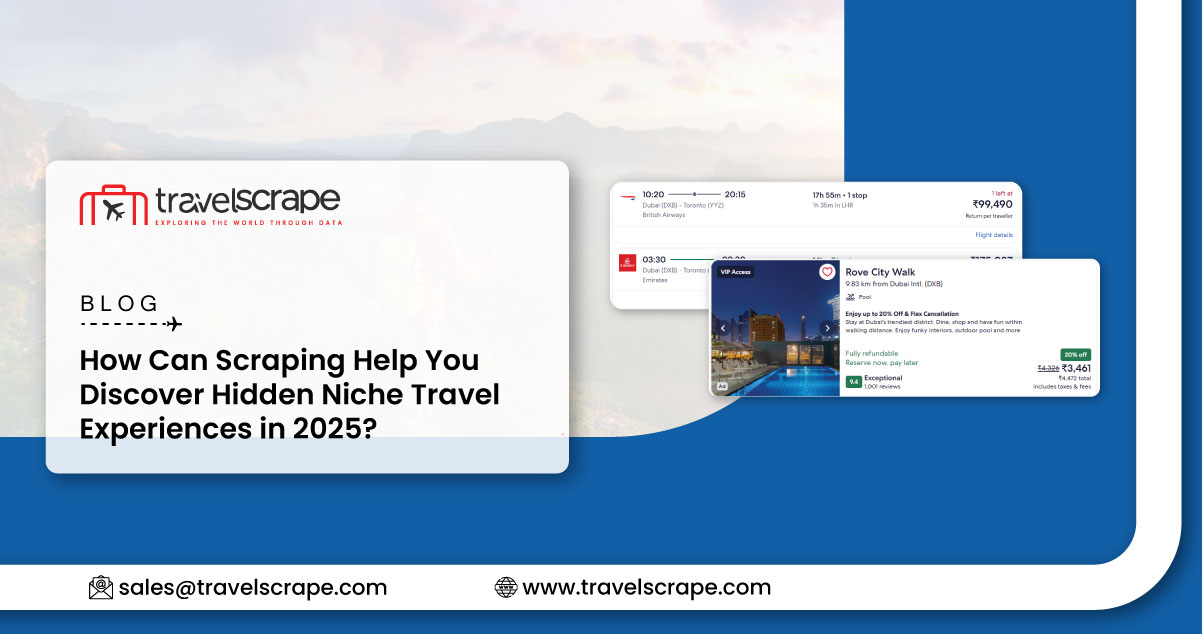
Introduction
In 2025, travelers are no longer satisfied with standard tourist packages or overcrowded destinations. The new age of exploration is rooted in personalization, authenticity, and discovering the unknown. Data scraping is at the heart of this travel evolution — a dynamic technology transforming how niche travel experiences are discovered, curated, and offered. By extracting valuable insights from online platforms, travel companies, marketers, and startups are now creating hyper-personalized itineraries and uncovering lesser-known adventures across the globe.
This is not just about analyzing flight fares or hotel bookings. It's about tapping into the social pulse of blogs, reviews, hidden geotags, local event boards, community forums, and travel content to surface experiences that resonate deeply with individual travelers. Whether it's a culinary retreat in a Himalayan village, a stargazing tour in Chile's Atacama Desert, or a folklore trail in alternative travel destinations across Eastern Europe, scraping data is the key to unlocking these discoveries. Businesses that scrape local experience data are uniquely positioned to meet the evolving expectations of the modern traveler.
The Rise of Niche Travel Experiences in 2025
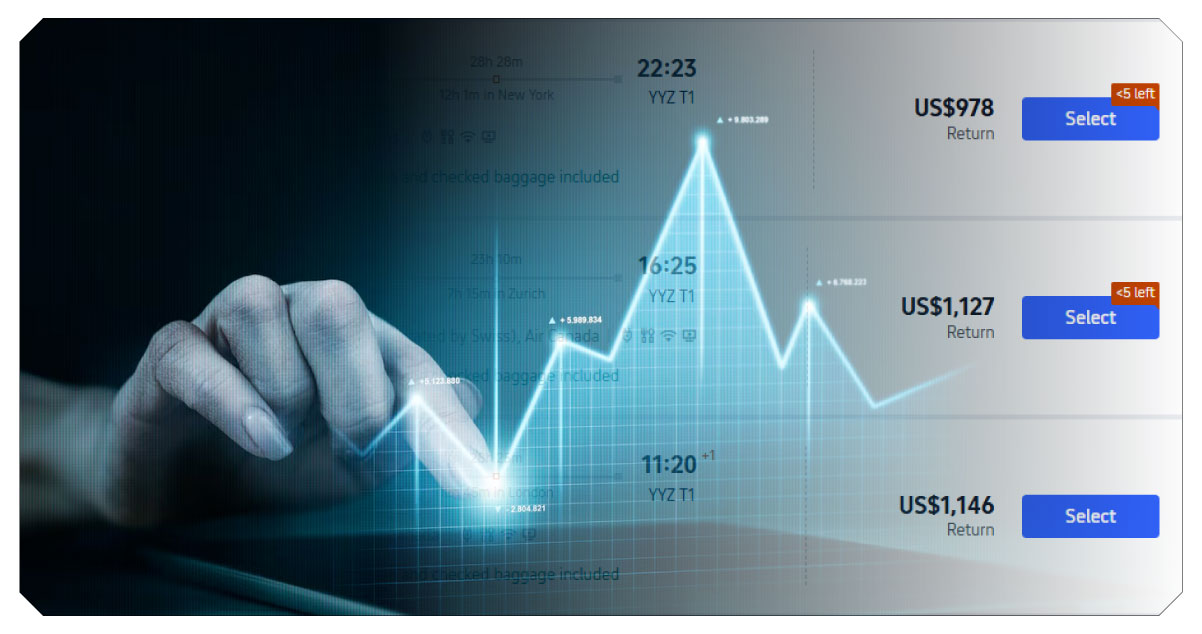
Niche travel is becoming the preferred mode of exploration. It emphasizes personalized journeys, off-the-beaten-path adventures, and local immersion. What was once labeled "alternative" is now central to modern travel preferences. The pandemic years reprogrammed travelers to seek quieter, meaningful escapes. With that shift, the role of data has grown tremendously in identifying patterns, interests, and untapped opportunities.
Search engines, review sites, local blogs, user-generated content, and online forums are a goldmine of insight. Travelers today want experiences tailored to specific interests: photography tours, spiritual retreats, historical reconstructions, regenerative farm stays, or wildlife volunteering. By scraping data from these unique travel data sources, travel platforms can stay ahead of the curve and offer curated packages that resonate with evolving tastes. Technologies like AI travel discovery now play a key role in decoding emerging travel trends 2025, enabling smarter, data-driven trip planning that aligns perfectly with what modern explorers seek.
Alternative Travel Destinations Unearthed Through Data
Scraped data offers a clear view of trending locations that have not gone mainstream. For instance:
- Hidden Alpine Villages in Austria: Data from Instagram geotags, small hostel reviews, and blog mentions may highlight scenic, untouched alpine towns with rich cultural traditions through offbeat travel scraping.
- Remote Islands in the Philippines: Using sustainable experience scraping for user reviews and local ferry timetables, travel companies can map out routes to secluded islands that offer untouched beaches and community-run homestays.
- Art Revival Districts in Eastern Europe: Travel platforms extract cultural event data from local event listings, cultural board websites, and niche art blogs to build itineraries around evolving creative communities in towns like Plovdiv (Bulgaria) or Timișoara (Romania).
These examples show how platforms that scrape adventure travel opportunities uncover the unknown — the unique, the hyper-local, and the culturally rich.
Real-Time Personalization Through Scraped Travel Data
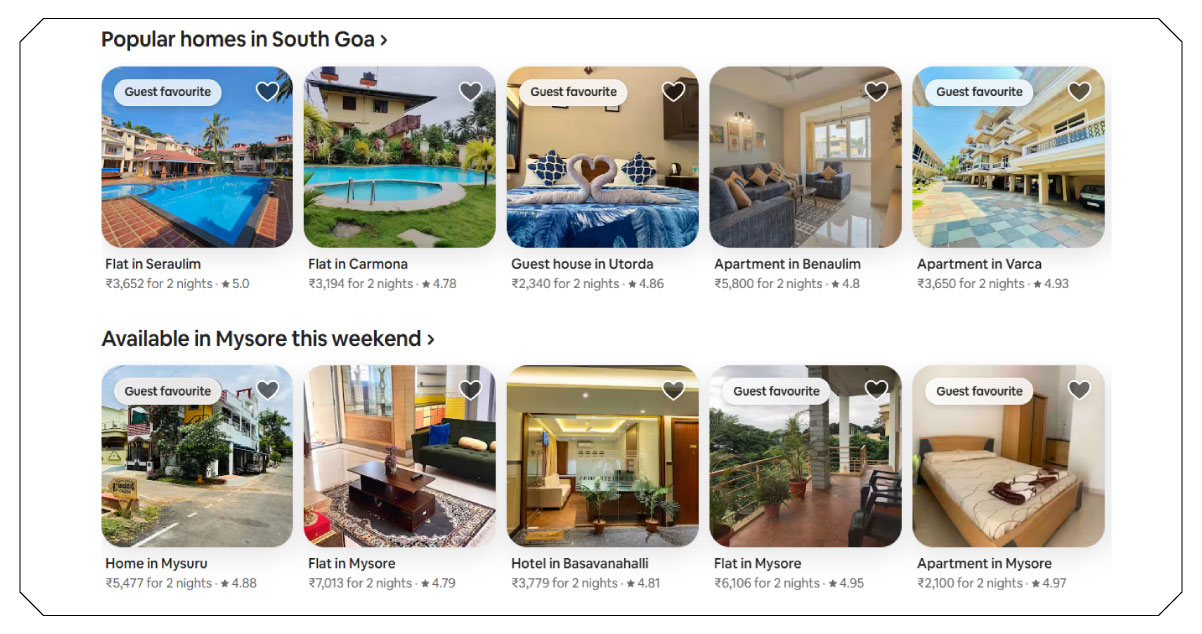
Modern travel is not just about where people want to go — it's about what they want to feel, learn, or contribute. Scraping real-time content from travel forums, TripAdvisor, Reddit, Airbnb Experiences, and even TikTok provides granular insights into individual preferences. These include:
- Preferred travel times (seasonal peaks and offbeat months) – easily mapped with a custom itinerary generator
- Type of cuisine people are searching for – identified and clustered through AI travel exploration
- Local traditions that align with visitor interests – key to curating hidden gem destinations 2025
- Areas with increasing user interest but low commercial promotion – ideal for experience-based travel planning
Imagine a solo traveler interested in yoga retreats. By scraping yoga event listings, teacher training blogs, and Google Reviews of wellness centers, a travel platform can recommend a tranquil experience in a village outside Rishikesh rather than a commercial ashram.
Role of AI Travel Discovery in the Data Scraping Process
AI-powered engines take scraped travel data and elevate it by predicting behavior and preferences. These engines digest massive datasets, from browsing patterns to forum threads, and cluster them based on similar emotional triggers, geographic intent, or lifestyle goals.
When AI travel discovery tools ingest scraped content like restaurant reviews, travel vlogs, Airbnb host notes, or digital travel journals, they can classify the content into meaningful categories:
- Adventurous yet sustainable
- Culinary but hyperlocal
- Digital-nomad-friendly yet immersive
Such personalization isn't manual anymore. AI-driven scraping allows travel providers to automate micro-trend identification and tailor packages for niche traveler groups, such as solo female hikers, slow travelers, eco-volunteers, cultural enthusiasts, and more.
Scraping Local Experience Data: A Goldmine for 2025 Travel Agencies
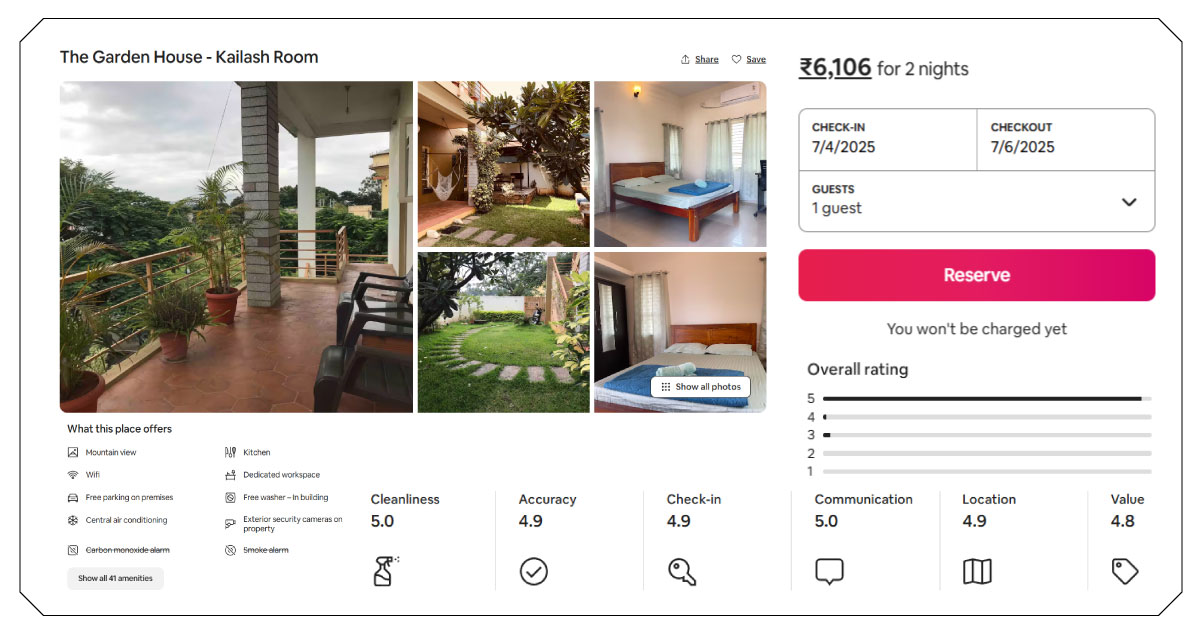
Beyond general destination data, scraping local experience data holds enormous potential. This includes data from:
- Community events
- Village marketplaces
- Local guide offerings
- Pop-up art shows or craft fairs
- Farm-to-table events and eco-workshops
Travel platforms that mine this data can offer curated, immersive experiences. For instance, a regional search across artisanal markets in Morocco and scraped social media conversations might reveal a hidden cooperative of female weavers offering workshops — something no regular tour brochure would include.
In 2025, this hyperlocal approach will be the differentiator. The ability to discover and promote raw, local experiences will be the hallmark of successful niche travel businesses.
Evolving Preferences Captured from User-Generated Content
Every review, vlog, post, or pinned location tells a story. Scraping and analyzing this user-generated content helps identify emotional and thematic trends:
- "Quiet" and "peaceful" are keywords now ranking higher in reviews
- "Authentic food" and "community stays" are becoming dominant mentions
- Experiences tagged with "no Wi-Fi" or "disconnect" are gaining traction
Travel brands can fine-tune their marketing around these motivations by programmatically scanning hashtags, metadata, and sentiment in reviews. An AI model trained on scraped vlogs could predict whether a place will be the next slow travel hotspot, even before influencers catch on.
Monitoring Shifts in Niche Travel Demand via Scraped Data
Demand forecasting isn't just about pricing or booking volume anymore. With scraping tools, companies can monitor:
- Real-time search keyword frequency (e.g., "Ladakhi Monasteries Photography Tour")
- Increasing interest in regional trails or spiritual circuits
- Language patterns in local tourism board press releases
- Weather anomaly discussions in travel forums are affecting destination choices
This layered insight enables businesses to act preemptively, tailoring content, launching new offerings, or building partnerships with local providers.
Scraping Data from New-Age Platforms and Marketplaces
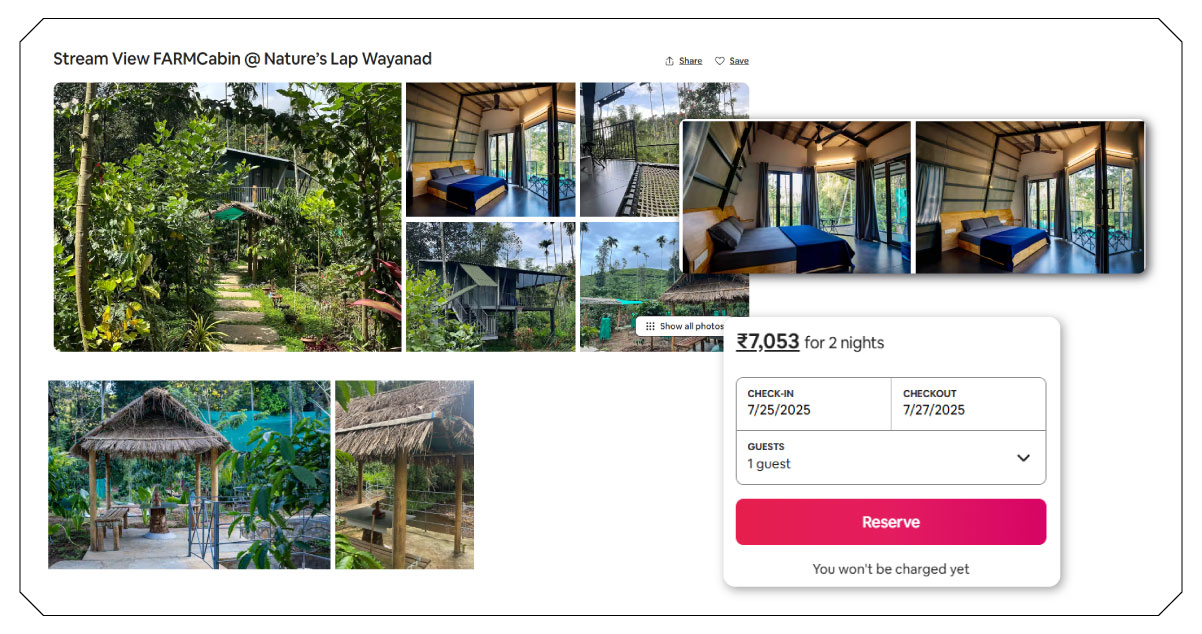
The digital ecosystem for travel has expanded. Scraping opportunities now extend beyond traditional review sites and booking engines:
- Event platforms (e.g., Meetup, Eventbrite): Discover pop-up walking tours, food tastings, or language immersion classes
- Content creator sites (e.g., Substack, Medium): Find long-form personal travel stories that reveal emotional motivations and new locales
- Short video platforms (e.g., TikTok, Reels): Extract visual data and trending destinations through visual storytelling and influencer geotags
- Local tourism agency portals: Often overlooked, these can reveal government-endorsed community travel initiatives or heritage mapping projects
Travel companies can innovate faster and design authentic, forward-looking experiences by collecting and correlating this data.
Seasonal and Regional Pattern Recognition for Targeted Offerings
Travel scraping API provides clarity on both micro and macro trends:
- Seasonal data: Analyze when specific experiences spike in popularity, like Northern Lights viewing in specific parts of Finland or cherry blossom hikes in rural Japan.
- Regional rotation: Identify destinations that suddenly become popular due to geopolitical stability, new flight connections, or viral content.
Such pattern recognition helps companies develop bespoke packages, smarter marketing calendars, and influencer collaborations.
How Scraped Data Enhances Traveler Confidence and Decision-Making?
Travelers want to make informed choices, especially when venturing into niche territories. Hotel data scraping and repurposing it into clean, usable formats enhances decision-making for both travelers and planners.
- Trust builds when users see authentic feedback from micro-communities.
- Real-time updates about road conditions, safety, or weather alerts keep expectations grounded.
- Comparisons across experiences help travelers gauge value, cultural sensitivity, and emotional resonance.
When companies surface this data contextually — in trip planners, apps, or landing pages — they provide clarity and confidence to travelers seeking unique journeys.
How Travel Scrape Can Help You?
- Custom Hotel Data Extraction: We provide tailored hotel data scraping solutions to extract real-time room availability, star ratings, amenities, guest reviews, images, and pricing across major OTAs, hotel chains, and independent booking sites.
- Dynamic Travel Fare Monitoring: Our services enable the continuous scraping of airline, train, and bus fare data, tracking fluctuations, and route availability for smarter travel comparison and budget planning.
- Vacation Rental Data Collection: We scrape detailed listings from platforms like Airbnb and Vrbo, including nightly rates, host information, cleaning fees, booking trends, and guest feedback for vacation rental analysis.
- Location-Based Travel Intelligence: By extracting travel experience data from regional tourism sites, events boards, maps, and travel blogs, we help businesses identify emerging destinations and hidden gems.
- Real-Time API Access for Travel Aggregators: Our robust travel scraping API delivers structured data feeds for hotels, flights, and activities, allowing aggregators to power search engines, mobile apps, or recommendation engines with fresh and accurate data.
Conclusion
As 2025 unfolds, the travel landscape will be less about ticking destinations off a list and more about meaningful journeys, personal stories, and cultural resonance. Travel web scraping from dynamic, diverse sources is the foundation that powers this shift. It allows travel aggregators' scraping tools to help brands, platforms, and entrepreneurs keep pace with ever-evolving preferences, build trust with hyper-personalization, and uncover experiences that speak directly to the soul of modern travelers.
By continuing to scrape local experience data, leverage AI travel discovery, and follow emerging regional trends, niche travel providers are not just curating trips — they are crafting transformative journeys. With access to vacation rental pricing data 2025, travelers eager to explore deeper and differently will find this fusion of data and discovery their gateway to the world.
Ready to elevate your travel business with cutting-edge data insights? Get in touch with Travel Scrape today to explore how our end-to-end data solutions can uncover new revenue streams, enhance your offerings, and strengthen your competitive edge in the travel market.